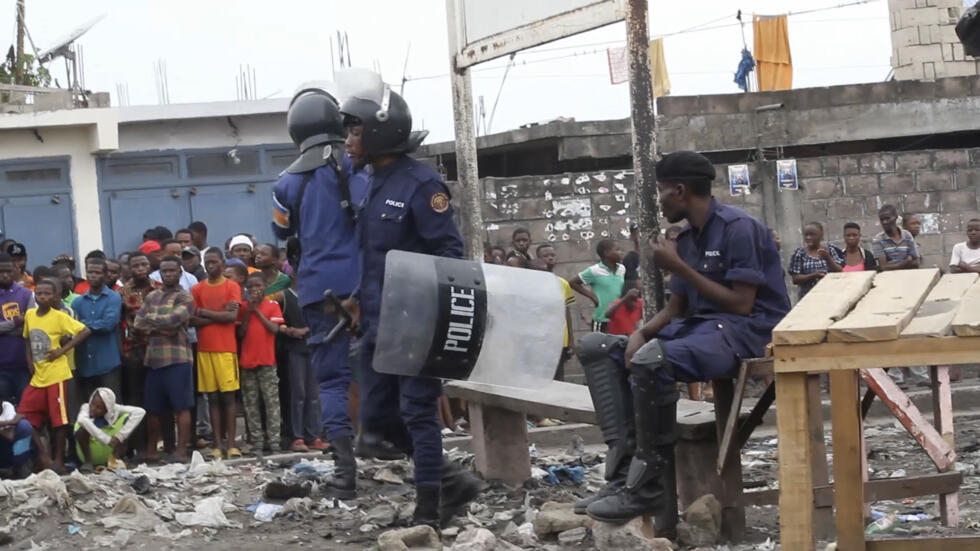
Congo prison massacre sparks outrage and demands for accountability
The Democratic Republic of Congo is reeling from the tragic events at Makala prison, where an attempted escape turned deadly, resulting in the deaths of 129 inmates.
Your go-to source for in-depth coverage of political developments, economic trends, social affairs, and vibrant cultural stories from across the continent.

Congo prison massacre sparks outrage and demands for accountability
The incident, which occurred overnight from Sunday to Monday, has prompted widespread condemnation from political leaders, civil society groups, and international observers alike.
Former Prime Minister Augustin Matata Ponyo was among the first to respond, criticizing the government’s handling of the situation.
In a statement issued by his party, Leadership and Governance for Development (LGD), Ponyo lamented the lack of foresight by Kinshasa’s leadership, stating that the tragedy could have been averted “through proactive governance and quality political management.”
Ponyo’s statement further highlighted a troubling pattern of violence, drawing parallels with past incidents such as the massacre of Wazalendo sect followers in Goma, the recent killings in Kilwa, Haut-Katanga, and the ongoing bloodshed in Luilu, Kolwezi.
He called for independent investigations, not just into the Makala prison incident, but also into the broader history of violence against civilians by the Congolese military.
Moïse Katumbi Condemns “Blindness of Leaders”
Echoing Ponyo’s sentiments, prominent opposition leader Moïse Katumbi also condemned the government’s failure to act.
“The indignation at the blindness of our leaders is palpable,” Katumbi stated.
“Since his release, Stanis Bujakera has been tirelessly warning about the inhumane conditions at Makala prison—overcrowding, starvation, disease, and a total lack of hygiene, all documented with photographic evidence.”
Katumbi accused authorities of ignoring these warnings, leading to what he described as an avoidable tragedy: “The worst has happened—dozens of prisoners were slaughtered like animals in an unspeakable act of barbarity.”
He has called for the establishment of an independent commission, involving MONUSCO and human rights NGOs, to investigate the massacre thoroughly.
This call for an independent inquiry aligns with demands from the Congolese Association for Access to Justice (ACAJ).
Meanwhile, the New Congolese Civil Society (NSCC) and the Network of Human Rights Defenders and Anti-Corruption Activists (RDDH-LC) have gone further, urging accountability from the prison director, the Minister of Justice, and the Minister of the Interior.
International Reaction
Belgium, the first foreign country to comment on the Makala prison massacre, has expressed its concern, stating it expects “the announced investigation to shed full light on these events and establish accountability.”
The Makala incident has once again highlighted the dire state of the DRC’s penal system, marked by chronic overcrowding, poor sanitation, and inadequate medical care.
As pressure mounts for accountability, the demands for a transparent investigation could prove pivotal in addressing the broader issues of human rights violations and governance failures in the country.
I am an avid African news observer, and an active member of Daily Mail Africa.
I’m Passionate about staying informed on diverse topics across the continent,
I actively contribute to publishing on political, economic and cultural developments in Africa.